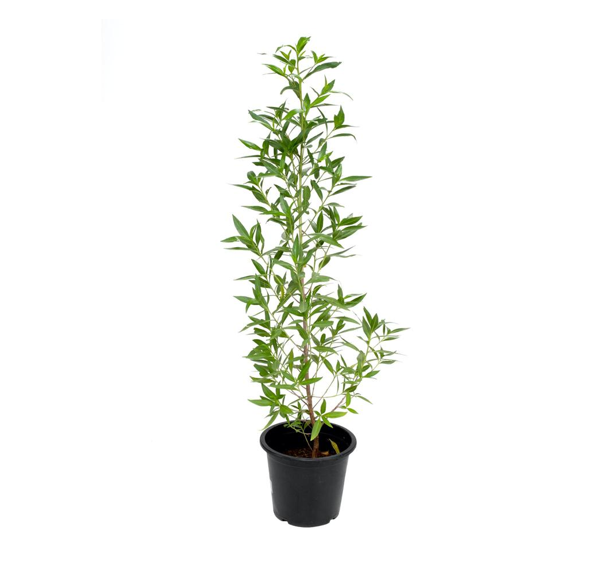Conocarpus erectus, commonly known as buttonwood or black mangrove, is a versatile tree native to coastal regions of Florida, the Caribbean, and parts of Central and South America. Here’s an overview:
Description
- Appearance: Buttonwood typically grows as a medium-sized tree, reaching heights of 20 to 30 feet. It has a rounded crown and can be multi-trunked.
- Leaves: The leaves are thick, leathery, and dark green, often with a shiny appearance. They are oval to elliptical in shape and can be up to 4 inches long.
- Flowers and Fruit: Buttonwood produces small, inconspicuous flowers, followed by clusters of small, round, button-like fruits that are typically green and turn brown as they mature.
Habitat and Growth
- Native Range: Found primarily in coastal areas, Conocarpus erectus is often associated with mangrove ecosystems.
- Climate: It thrives in warm, humid climates and is well-suited to USDA hardiness zones 10 to 11. It can tolerate saltwater and brackish conditions.
- Soil: Buttonwood prefers well-draining soils but can also grow in sandy or loamy soils typical of coastal environments.
Uses
- Ornamental: It is commonly used as an ornamental tree in coastal landscaping, parks, and gardens due to its attractive foliage and resilience to salt spray.
- Erosion Control: The tree’s root system helps stabilize shorelines and prevent erosion, making it valuable in coastal restoration projects.
- Wildlife Habitat: Buttonwood provides habitat and food for various bird species and other wildlife.
Care and Maintenance
- Watering: Once established, buttonwood is relatively drought-tolerant but prefers consistent moisture, especially in sandy soils.
- Fertilization: Minimal fertilization is required, but a balanced fertilizer can be applied during the growing season to promote healthy growth.
- Pruning: Pruning may be needed to shape the tree and remove any dead or damaged branches.
Pests and Diseases
- Conocarpus erectus is generally resistant to pests and diseases but can occasionally face issues with leaf spot and scale insects. Regular monitoring and good cultural practices can help prevent these problems.
Environmental Considerations
- Buttonwood plays a crucial role in coastal ecosystems, contributing to the overall health of mangrove forests and coastal habitats.
have a look at us our indoor plant collectionhttps://mfourgreen.com/product-category/indoor-plants/

Reviews
There are no reviews yet.